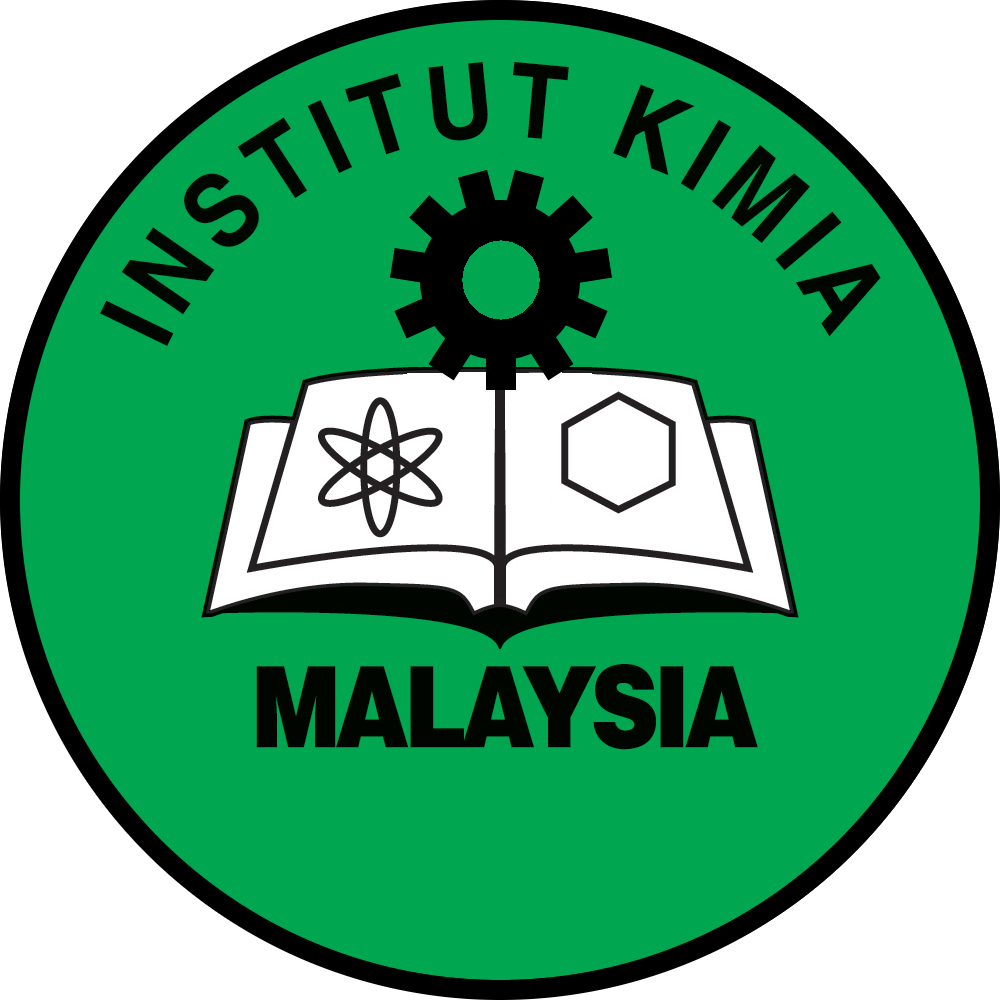Composite Biochar Derived from Palm Kernel Shells and Blood Cockle Shells for Immobilizing Lead in Shooting Range Soil
Abstract
Conventionally, ground magnesium limestone (GML) has been used to immobilize lead (Pb) in soil. However, the use of non-renewable sources and the quarrying of GML may cause environmental damage. In this study, composite biochar (CPB) was prepared by pyrolyzing homogenized mixture of palm kernel shells (PKS) and blood cockle shells (BCS) at various PKS-to-BCS weight ratios, peak pyrolysis temperatures, and heating durations. Characterization of CPB was conducted using x-ray fluorescence (XRF), x-ray diffraction (XRD) spectroscopy, pH meter, and thermogravimetric analyzer (TGA). The pH values of CPB increased with decreasing PKS-to-BCS ratio and increasing peak temperature and heating duration. The pH values were measured on shooting range soil incubated with CPB9 at 1, 3, and 5% w/w. Remediation of CPB resulted an increase of pH value in the shooting range soil. Increasing content of BCS increased the pH of CPB, and decreased the solubility and mobility of soil Pb, thereby enhancing the immobilization effect of Pb in soil. These results indicated that CPB was effective in immobilizing Pb in shooting range soil due to the increasing of soil pH (9.1 to 12.0) after incubation, and reduced the exchangeable fraction (7.56% to 0.01% in CPB-treated soil) and carbonate fraction (0.51% to 0.15% in CPB-treated soil).
